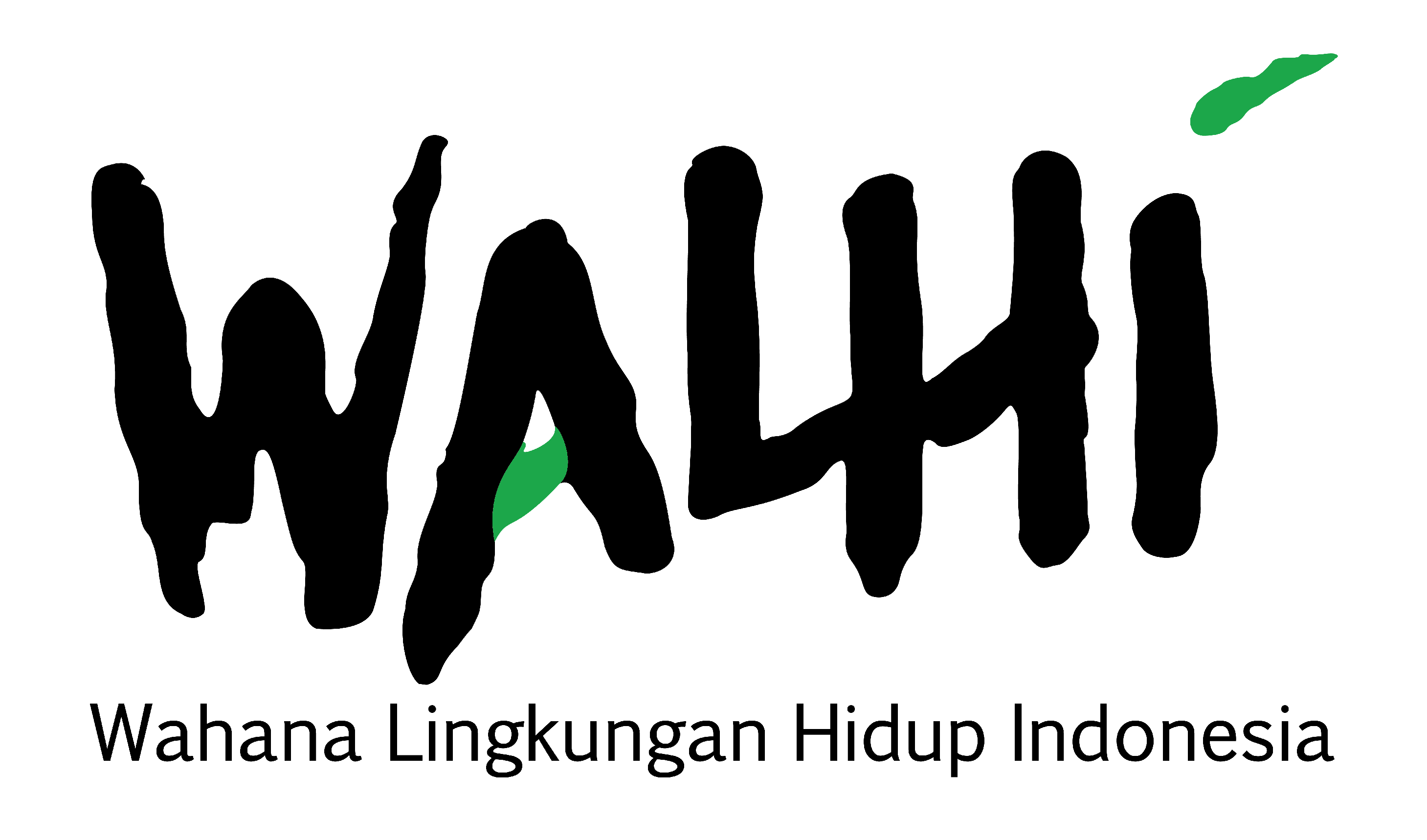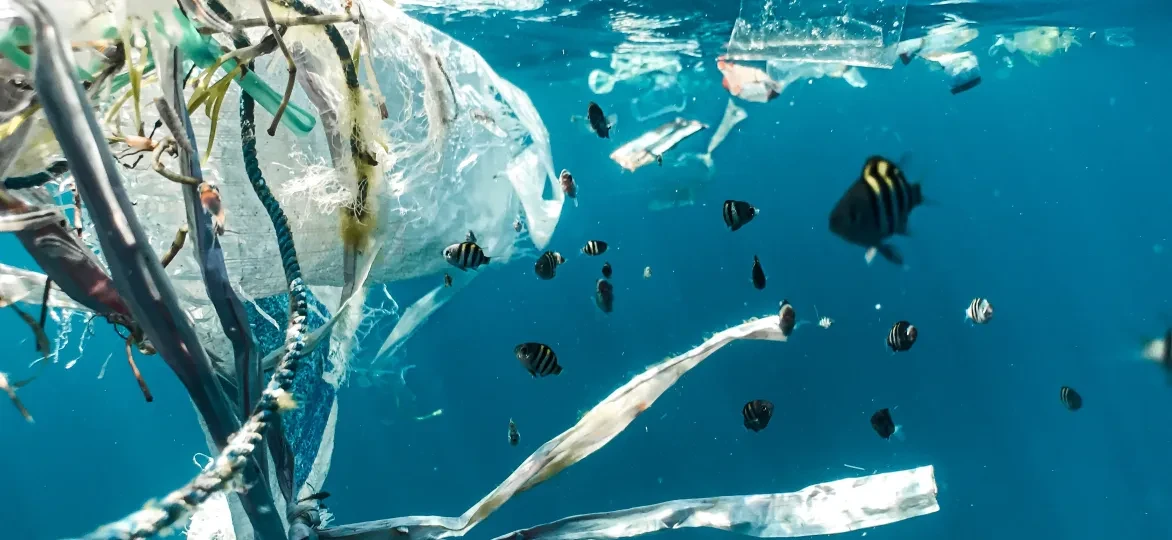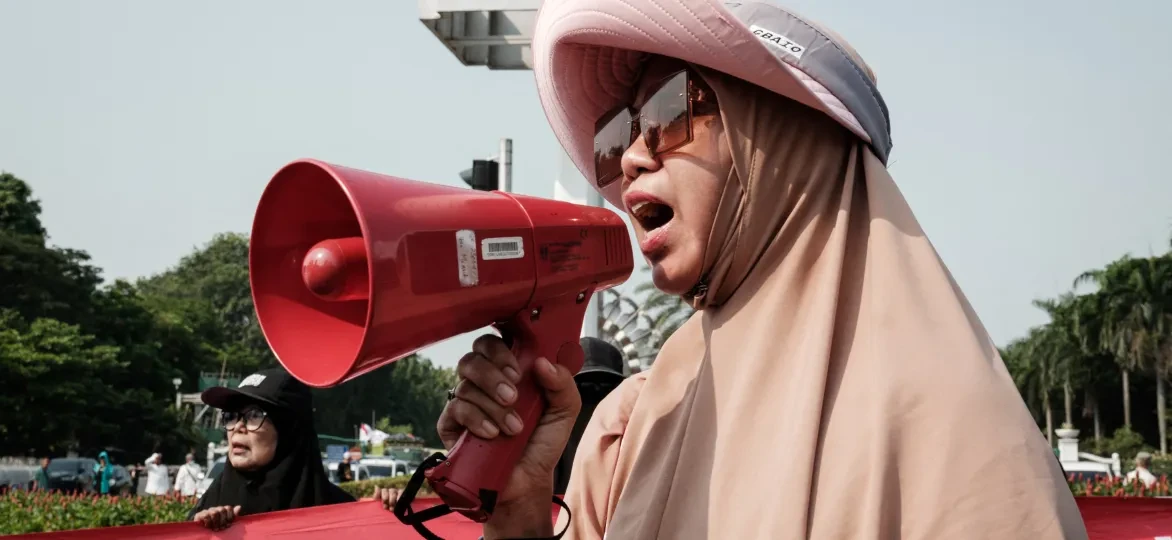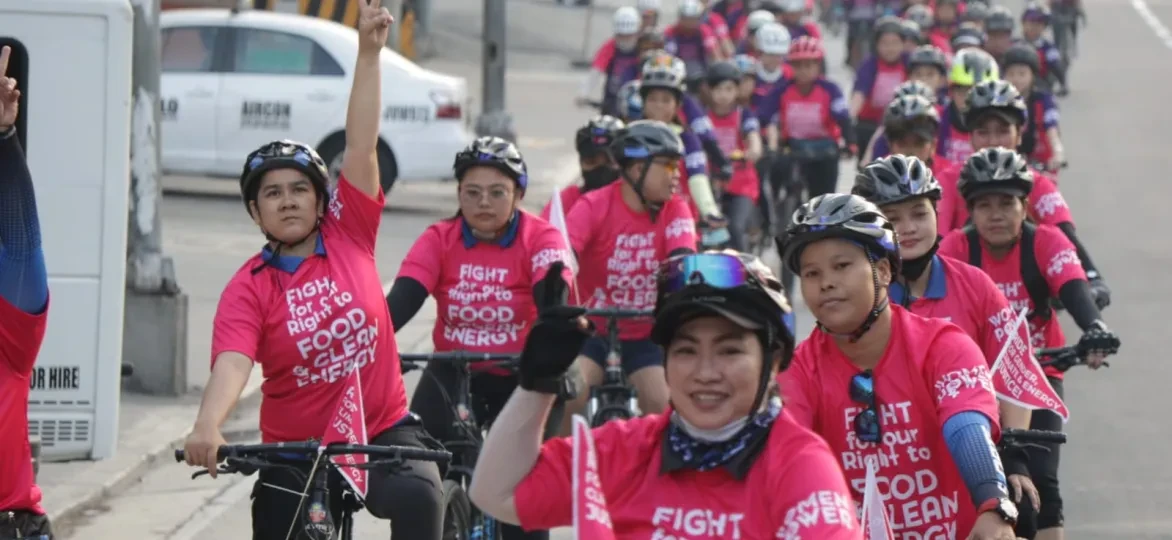How your cup of coffee can contribute to reforestation
October 04 2023
3 minutes
Europeans are the world's largest coffee consumers, but the coffee plant only grows in countries below the equator. In Indonesia, for example, where the arrival of mining and palm oil companies is destroying nature and impoverishing the population. Environmental organization and 11.11.11-partner Walhi believes in the power of communities to manage their own agricultural lands. “That is how honest products are created with respect for nature and people.”
People and forests make way for industries
Residents of the Indonesian island of Pari filed a complaint against Swiss cement giant Holcim in January. The gigantic historical CO2 emissions and deforestation of this cement giant in Indonesia, among others contributed to rising sea levels and flooding worldwide, also on Pari. The water is literally up to the lips of the islanders.
And of course they are not the only ones living in an unliveable climate since the arrival of large companies. Palm oil and mining also require forests and people to make way. In addition, these large-scale industries pollute rivers and rely on inhumane working conditions.

The real price for coffee and pepper
“Since the European voyages of discovery from the 15th century, some Indonesian raw materials, such as coffee, pepper or nutmeg, have been consumed daily in Europe,” says Zenzi Suhadi, director of environmental organization Walhi. “People and nature paid the price back then, but this exploitation continues today. Local and indigenous communities are forced to leave their habitats. Forests are forced to make way for industries."
"Yet we can achieve economic benefits and restore the rights of people and nature. In Indonesia we need 'only' 30 years to restore the rainforest. But that is only if we do it, and politicians do not do it. Rather give corrupt politicians for years, licenses to large corporations in exchange for money for their election campaigns. More than 1.600 companies are trading illegally in what is officially forest land. There are already millions of hectares deforested resulting in forest fires and floods. "
Local and indigenous communities are forced to leave their habitats. Forests are forced to make way for industries.
Land back in the hands of the people
In order to put control over the land back in the hands of local communities, Walhi has set up the so-called 'WKR program'. “We want to to allow indigenous people to regain collective ownership of areas that companies have exploited. They know the needs, challenges and limits of their environment. They know which products can be grown sustainably instead of the monoculture of the plantations. They protect the forests and turn the tide against deforestation.”
“In the meantime, more than 1 million hectares of land have officially returned to local and indigenous communities. A fantastic victory, the benefits of which we are already seeing for people and nature.”
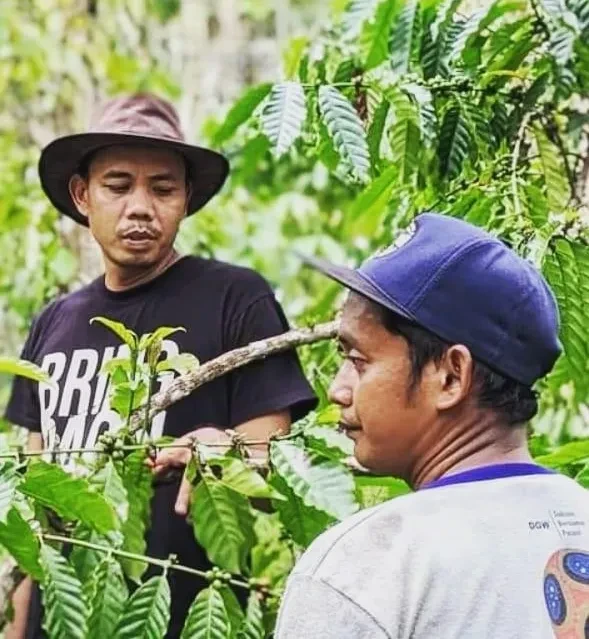
In the meantime, more than 1 million hectares of land have been returned to local communities. A fantastic victory for people and nature.
“Our community is the key to change”
“We at Walhi assists farming communities with the recovery and profitability of their property, and help find a market for their home-grown products. Do you drink a fair-trade cup of coffee from Indonesia in the morning? Then you support local indigenous communities.”
Walhi is committed to much more. For more than 40 years they have been the driving force of the environmental movement in IndonesiaThey conduct research, take action and also help citizens with legal cases, such as the residents of the island of Pari or for residents of Rempang which must make way for new industry.
“Our network has grown over the years. We have 28 regional offices and many international partnerships, such as with 11.11.11. They understand that we need institutional cooperation, not just financial support for certain projects. We are an established force in the political landscape of Indonesia. Our connection with local communities is key to change.”
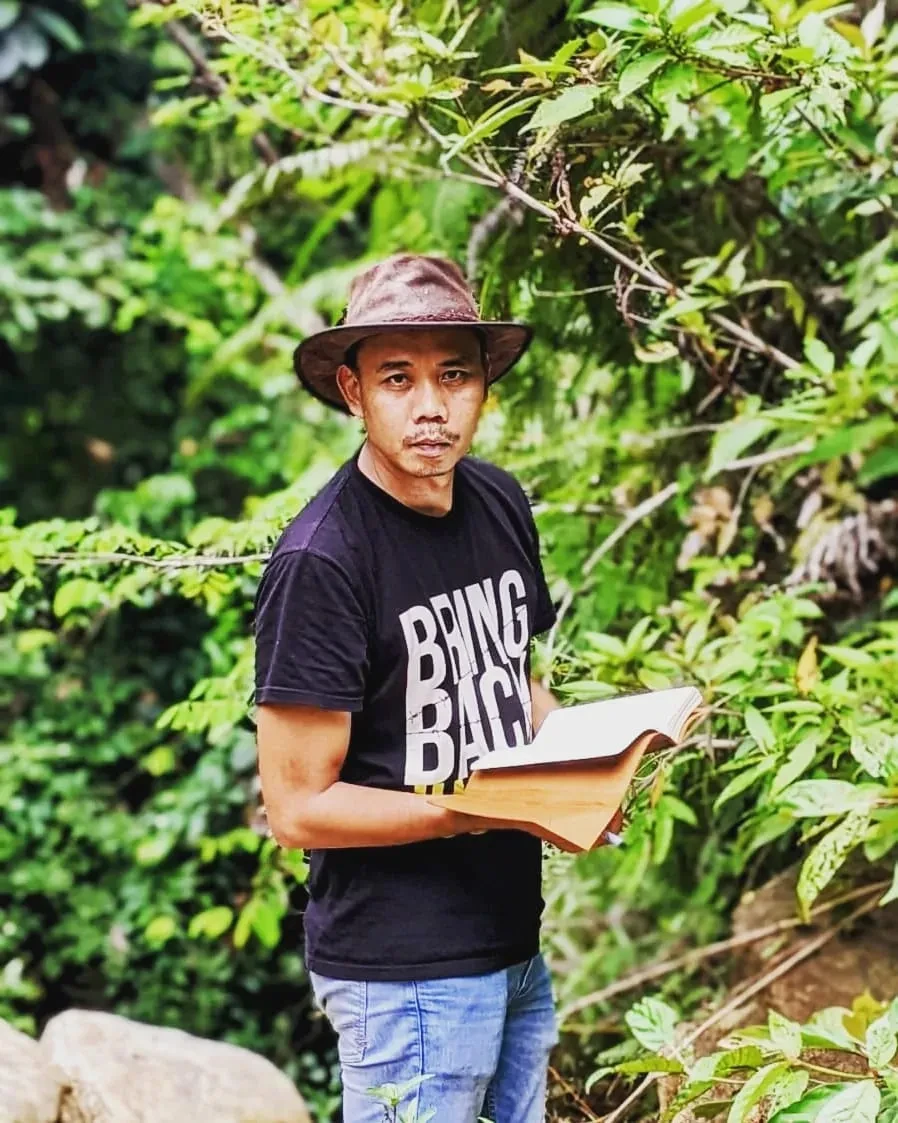
Do you support our partners in Indonesia?
Together with our partners in Indonesia, we fight against deforestation and exploitation of local communities by large companies. We are committed to restoring their land and protecting their rights. Will you help?

